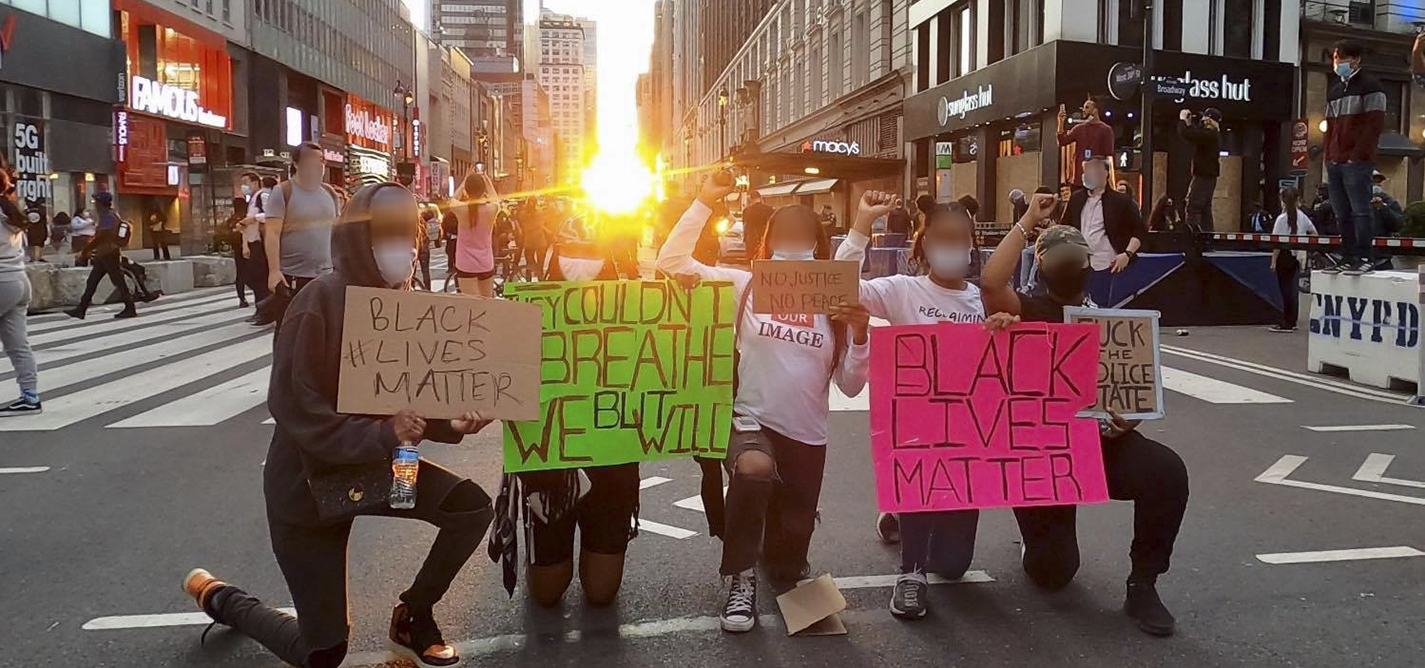
Black Lives Matter to the Albanian diaspora
A letter from America to Albanians everywhere.
This is about how black lives matter to us, and how we can unite as Albanians to make that known.

Maria Morava
Maria Morava is a student at the University of North Carolina at Chapel Hill in the United States where she studies international politics, social movements and journalism.
DISCLAIMERThe views of the writer do not necessarily reflect the views of Kosovo 2.0.
This story was originally written in English.